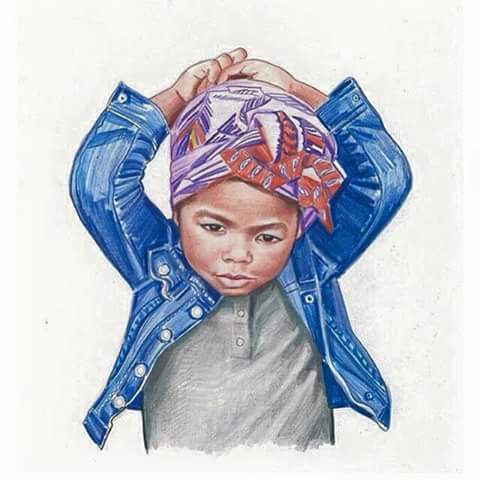In all my years in the government school system I have been told that education is the key to success and that it opens a massive pathway for opportunities to emerge. The pedagogies articulating the meaning of education as a concept have given us a false sense of optimism. Education may act as a key to attaining success or achieving success, drawing on Dr. Nosakhare Griffin-el, the scope of education as we understand is creating individuals who are fits for a job market and not for people to live out their dreams. However, beyond the point of dreaming which is important, in this article I wish to speak about our engagements with education and institutions and their role in how they influence our power to create.
I received my degrees from one of the highly acclaimed institutions in the country, although I some may disagree, I do believe it has made itself an ivory tower standing on problematic ground. An institution such as UCT bases its prestige and influence on its capacity to produce ground breaking research and penetrating untapped boundaries in scholarship However one question I ask myself is, who creates this knowledge and why?
The most obvious answer for most people who have attended the university is the obvious, the absence of black academics means white academics have the monopoly when it comes to knowledge creation, in this space at least. This was made evident to me as I sat in my psychology class in undergrad and I had to sit through a lecturer tell me about amafufunyana, what he believed was “the calling”. Shaking my head numerous times I never said a single word, I ranted to friends and simply left it there. This was one of many instances I felt this crippling feeling where I could not say anything. In hindsight, I can pin point where this anxiety came from, the first is the inevitable judgement and giggles that would ensue following my comment in class because my township English just was not UCT material.
The second was that in all the literature we went through every gaze focusing on understanding black culture was from white academics who I dare say, had the audacity to spend a few months in a village and think they had it all figured out because they did ethnography. In reality, my blackness was a point of contention and meaty subject matter, as the colonial narrative persists us poor black people are always the problem and we therefore need to be understood. Black voices make their way into academia though soppy and controversial qualitative studies that often conclude “we’re a messed up people”.
I then turned this gaze on myself and ask why could I not create an alternate reality? Why could I not give my people a voice? Why could I not embark on research that mattered for my people? Why was my only form of action simply “bitching about the problem”? In hindsight, I can now pick apart the reasons and hopefully articulate these well.
Meanings of education
Our education system from its foundation phases trains us to fit into the mould, articulate things the same way, react in uniform ways. There is little room to innovate because realistically speaking for black students like myself, your focus is on the research that gets funded. Our engagement with academia is less about our own activism but the looming threat of joblessness should you choose a degree that’s not relevant. Moreover it becomes a prison, where articulating your reality is not really acceptable. uMakhumalo in your village never came up with a theory of social cohesion even though she lived it, but I cannot reference her, I cannot speak of this term as I understand it from my worldview because Makhumalo was never published in the Lancet. The idea that education or more precisely academia is a space for us to create is a farce. If universities and schools are places for us to re-imagine, recreate and learn about the world we live in, should it not be inclusive or at least represent my truth.
It’s similar to letting a dog off its leash into a cage where it can see the grass but never feel it beneath its paws. Although education is supposedly this key, it opens the reality of some people and locks others out in the cold. In extending this line of thinking, education we know it obstructs our ability to create and most importantly dream and articulate these dreams as we see fit not fitting into what’ is expected of us.

Reblogged this on University of Broken Glass and commented:
A great blog by a great friend…